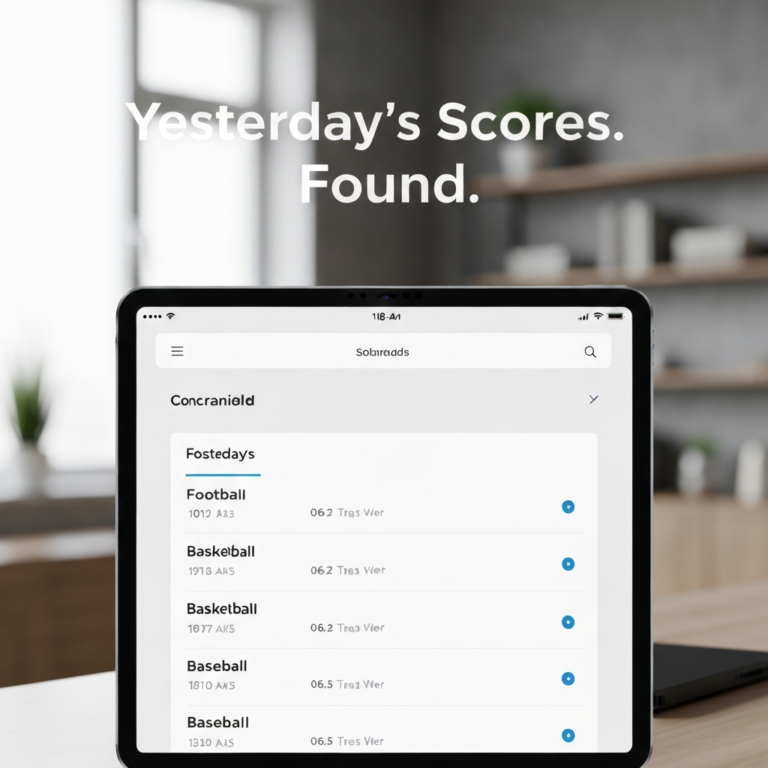
The Department of Government Efficiency (DOGE) has become a central player in the government’s data management efforts, but who truly benefits from its increasing demands for personal data? To understand this, we need to look beyond the surface and dissect the hidden dynamics that shape these data requests.
DOGE’s primary goal is to streamline government processes, but as it seeks access to sensitive data, many have questioned the actual impact on citizens. While DOGE claims that such measures improve efficiency, there are legitimate concerns about how this data is used—and who stands to gain from it.
[RELATED: Can I Sue If DOGE Gains Access to My Social Security Data?]
The first group benefiting from DOGE’s data demands are, unsurprisingly, the agencies themselves. By consolidating data, DOGE facilitates smoother operations across government departments. However, this efficiency comes at a cost. Personal data, which is used for profiling and streamlining services, can be vulnerable to misuse or even breaches. The agencies in charge may seem to benefit from better services and quicker decision-making, but this raises the question: at what expense to the privacy of individuals?
Private sector entities are another group that can benefit indirectly from DOGE’s data demands. Companies that partner with government agencies can gain access to anonymized data, which can be used to refine their services or products. These businesses, especially tech firms, can build sophisticated models that enhance their bottom line, all based on government-collected data. But this isn’t always a straightforward win for the public.
Citizens, who are supposed to be the recipients of more efficient government services, may find themselves at a disadvantage when their personal information is not properly protected. Data security concerns continue to rise, and while DOGE argues that its efforts streamline governance, the public’s trust in its ability to protect personal data is critical. Each time DOGE requests more personal data, it’s not just a matter of efficiency—it’s a balancing act between improved services and potential privacy infringements.
Who benefits the most from these data demands, then? It’s a mixed picture. Government agencies improve their functionality, businesses can capitalize on improved access to anonymized data, but at the cost of individual privacy. The true question lies in whether these efforts are worth it and if the necessary safeguards are in place to protect citizens from the misuse of their data.
In the end, the benefits of DOGE’s data demands are clear for some, but for the everyday citizen, the risks to privacy and security are also considerable. Whether this balance can be struck remains to be seen, as the demand for data grows and becomes increasingly complex.



